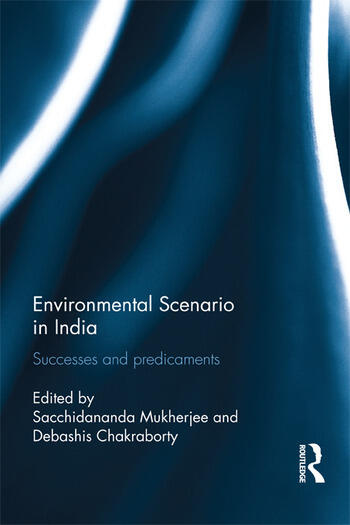Caring For KidsA Critical Study Of Urban School Leavers
The official school drop-out figure in the US in recent years has been 25 per cent of the cohort. Estimates from large cities are often double these rates and in some areas 60 per cent or worse. This text focuses on this problem in US schools but from an unusual perspective. It is a study gained from in-depth interviews of 100 "stop-outs" - that is those who dropped out but then decided to return to school. Four basic questions are posed by this text: who drops out?; why did they drop out?; what caused them to return?; and what intervention policies can be formulated to prevent students dropping out in the first place? The answers provided by this text for the last question are intended to make it of particular interest to school administrators.









































